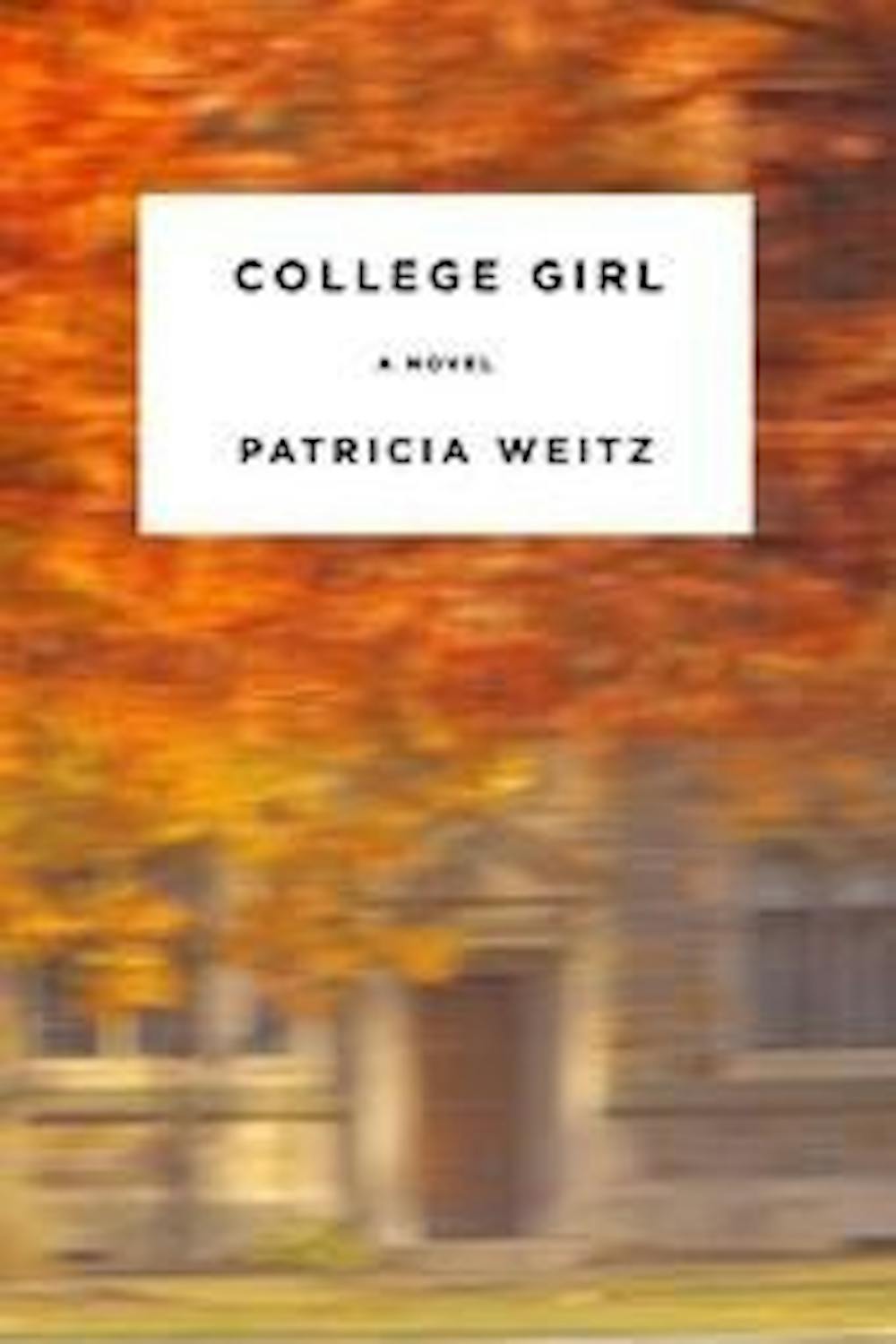Book Club: 'College Girl' Is So Your Life


*Trumpet sounds* UTB continues our celebration of winter break with the return of our intermittent book club! Today's selection is College Girl by Patricia Weitz.
As bona fide college students, we simply can't ignore a novel that heralds itself as "a sharply observed portrait of campus life and all the many pressures--economic, academic, social--that are funneled into its culture." A college-centric novel promises to be either really juicy or really lame, Tom Wolfe's I am Charlotte Simmons being the gold standard for lameness. Wolfe's book (which, ooooh, was partially based on research completed at Penn's very own St. A's) fell flat because each page couldn't help but reveal how scandalized Wolfe was by "kids these days," with their sex and drugs and loose morals (all of which provided the author with an excuse to seriously overuse the word "insouciant"). While the main character of Weitz's book is, regrettably, a tad reminiscent of Charlotte Simmons, College Girl proves itself to be unsentimental, thought-provoking, and really compelling.
Weitz (the wife of director Paul Weitz) sets College Girl at UConn in the early '90s, a time that seems almost quaint with its lack of cell phones and internet. Main character Natalie Bloom transferred to UConn after two years at a second-rate state school. She is the youngest of seven siblings and the only one to attend college. As she begins her senior year, Natalie finds that she still feels isolated and inexperienced compared to her classmates. She spends most of her time alone in the library--until she meets Patrick. Instead of ignoring male attention as she usually does, this time she allows herself to become infatuated, and thus begins her descent into the seedy underbelly of hooking up, drinking, and drugs. Sort of.
We come to find out that Patrick is not such a nice guy. The dead giveaway is that he's a fan of Ayn Rand; for some reason, liking Ayn Rand has come to telegraph douchiness for fictional male characters, in the same way that liking the Grateful Dead makes you a hippie (for corroboration on this, see asshole Robbie in Dirty Dancing). Natalie falls for Patrick, and as he uses her, she wills herself to believe that she’s falling more and more in love. This goes on until you want to smack Natalie, and then goes on some more. It’s infuriating to watch in the same way that it’s infuriating to watch Bella fall stupid-in-love and give up her whole life to be with Edward in the Twilight books—but at least in Twilight, Edward treated Bella well. The same can’t be said of Patrick and Natalie, and sadly, maybe this is what makes their relationship seem more realistic. A dysfunctional, toxic relationship rings much more true than Edward and Bella-style devotion. Weitz depicts a pattern that plays itself out over and over, and not just on college campuses: smart people, foolish choices.
College Girl isn’t fun to read in the same way Twilight is—you’ll be absorbed not because it’s exciting, but because it gives you a lot to think about. It's not the kind of story that has an agreeable, satisfying arc to it--in fact, it's really hard to watch Natalie make the choices she does. Reading her story, you’ll start to see a narrative arc to your own college experiences, and maybe not the one you would have expected. "Huh," you'll think, "economic, academic and social pressures really are funneled into college culture." The jacket copy does not lie.